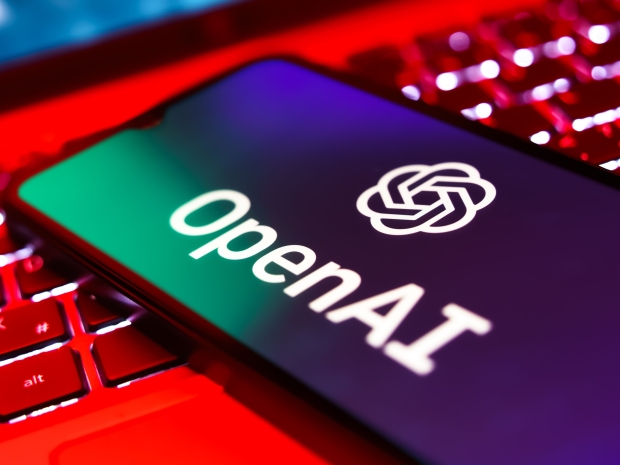The ChatGPT peddler is tapping up a mix of old and new backers, including Blackstone via its fund for the ultra-rich, plus the likes of TPG, Fidelity Management and T Rowe Price. One of the heftiest cheques came from Dragoneer Investment Group, which is lobbing in $2.8 billion, reportedly one of the biggest single investments ever dropped on a start-up.
This cash drop is part of a previously announced round that slaps a $300 billion valuation on the outfit. The money lands at a spicy moment for OpenAI, which is in the middle of a complex tug-of-war with Microsoft over how to carve up its corporate soul.
The group is fending off challenges from rivals like Anthropic, which is chasing billions of its own, and still locked in a courtroom spat with xAI founder Elon Musk.
Despite all that, a mole close to OpenAI’s bank statements claims its annual recurring revenue has ballooned to $12 billion. The company is now gearing up to drop its next model, GPT-5, sometime this month.
This $8.3 billion haul is just one piece of a monster $40 billion round announced earlier in the year. Japanese investment giant SoftBank said it would chuck in $30 billion, although only $7.5 billion has landed so far. The rest might get lost down the back of the sofa if OpenAI doesn’t morph from its current non-profit weirdness into a proper company where backers get actual equity.
The original target for this bit of the funding round was $7.5 billion, but it ended up five times oversubscribed and pushed up to $8.3 billion. Other tech royalty throwing in coin includes Founders Fund, Sequoia, Andreessen Horowitz, Coatue, Altimeter, D1 Capital, Tiger Global and Thrive Capital.
Meanwhile, OpenAI is still thrashing out terms with Microsoft. Their respective CFOs, Sarah Friar and Amy Hood, are leading the talks, which centre around rejigging their existing deal that runs through 2030. Microsoft wants a third of OpenAI’s equity, plus continued access to its IP stash. However, they haven’t quite sorted out the fine print.
One sticking point is the “AGI clause” that lets OpenAI pull the plug on Microsoft’s access if the board decides it has reached artificial general intelligence. Which might be handy, since no one knows what AGI looks like but everyone wants to be the one who claims it first.




